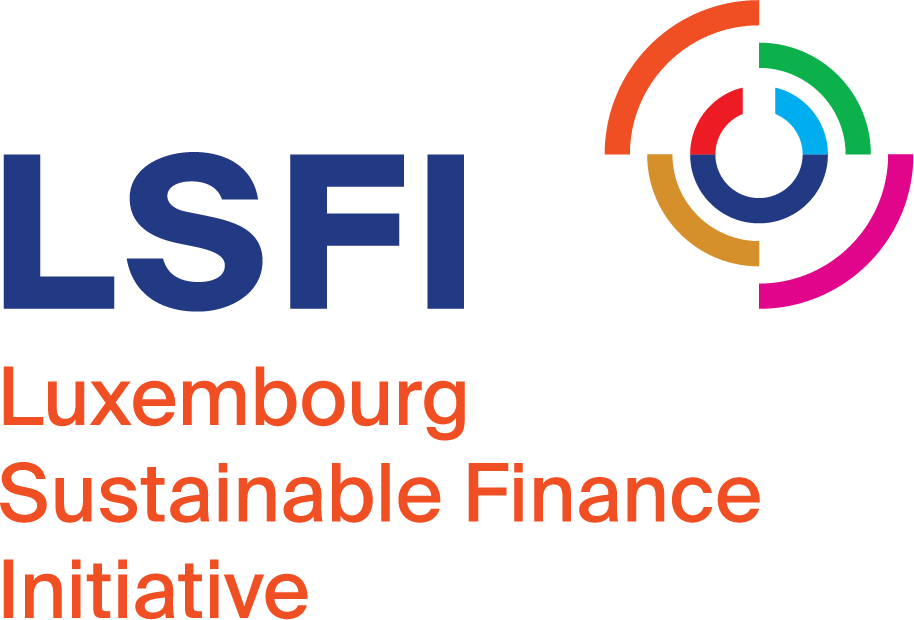Standards, die Sie auf Ihrem Weg zu nachhaltigen Finanzen unterstützen.
Ressourcen-Hub – Standards oder Offenlegungssysteme
Entdecken Sie wichtige Standards oder Offenlegungssysteme, die Finanzfachleuten dabei helfen, Informationen für die Berichterstattung und Offenlegung zu strukturieren. Die nachstehende Abbildung gibt einen Überblick über die Standards und erklärt, was sie beinhalten und wann und warum sie verwendet werden. Die folgende Tabelle gibt einen Überblick über die wichtigsten für den Bereich relevanten Standards. Sie können nach Zielgruppe oder Themen filtern oder direkt nach Schlüsselwörtern suchen. Für ein optimales Erlebnis empfehlen wir, von einem Laptop auf diese Seite zuzugreifen und sie im Vollbildmodus anzuzeigen.
Find a Standard
| wdt_ID | Name | Description | Targets | Themes | Members / AUM June2024 | Members / AUM Feb2025 |
|---|---|---|---|---|---|---|
| 1 | CDP disclosure system | Measure and manage risks and opportunities on climate change, water security and deforestation, informing decisions & helps engaging with companies. | Companies, Financial Institutions | Biodiversity, Emissions, GHG Emissions, Environment, Water | 700+ investors / $142 tn | 700+ investors / $142 tn |
| 2 | CDSB’s - Accounting for Climate | Identify how climate-related matters should be integrated into companies financial reporting, based on IFRS. | Companies, Financial Institutions | Accounting, Climate-Related, Climate Risk | NA | NA |
| 3 | Climate Bonds Standard (CBS) | Guidance on eligibility criteria, content of framework document, prior and post issuance reporting & review, reviewers & labelling status. | Bond issuers, Capital Markets, Investors | Climate-Related, Environment | $279 billion volume of certified debt | / |
| 4 | Corporate Human Rights Benchmark | Provide a comparative snapshot of the largest and companies in high-risk sectors, looking at the policies, processes, and practices they have in place to systematise their human rights approach and how they respond to allegations. | Companies, Financial Institutions | Human Rights, Social | NA | NA |
| 5 | EFFRAG EU Sustainability Reporting Standards (ESRS) Exposure Drafts (EDs) | Set of standards required under the Corporate Sustainability Reporting Directive (CSRD) proposal covering the full range of sustainability matters. | Companies, Financial Institutions | Biodiversity, Clients Responsibility, Climate-Related, Emissions, Environment, Governance, Pollution, Regulation, Resources, Social, Sustainability, Water, Workforce | NA | NA |
| 6 | European Green Bond Standard (EU GBS) | Standardise how to use green bonds to raise funds on capital markets to finance large-scale investments. | Bond Issuers, Capital Markets, Investors | Climate-Related, Environment | NA | NA |
| 7 | Findatex European ESG Template (EET) | Facilitate the exchange of data between product manufacturer and distributor to fulfill ESG-related regulatory requirements (SFDR, Taxonomy, MiFID II, IDD). | Asset Managers, Banks, Distributors, Insurances, Pension Funds, Product Manufacturers | Environment, Governance, Regulation, Social | 8 / NA | 8 / NA |
| 8 | Financial System Benchmark | Assess and rank the 400 most influential financial institutions on their contribution to global goals, such as the SDGS and the Paris Agreement. | Financial Institutions | SDGs, Sustainability | 400 / NA | 400 / NA |
| 9 | GHG Protocol Corporate Accounting and Reporting Standard | Provide requirements and guidance for preparing a GHG emissions inventory. | Companies, Investors | GHG Emissions | NA | NA |
| 10 | Global Reporting Initiative Standards (GRI) | Report on the impact on economy, environment, and society for sustainability reports. GRI is complementary to SASB standards. | Companies, Financial Institutions | Economic, Environment, Impact, Social | NA | 500+ / NA |
Haftungsausschluss – Bitte beachten Sie, dass die LSFI ein gemeinnütziger Verein ist, der die Entwicklung nachhaltiger Finanzen unterstützen möchte. Der Inhalt der Website der LSFI dient diesem Zweck, indem er Informationen bereitstellt, die dem Publikum helfen, die Konzepte und Akteure nachhaltiger Finanzen besser zu verstehen und zu navigieren. Diese Arbeit erhebt keinen Anspruch auf Vollständigkeit und zielt nicht darauf ab, eine Organisation gegenüber einer anderen zu bevorzugen. Sie ist außerdem keinesfalls als finanzielle oder rechtliche Beratung zu betrachten.


